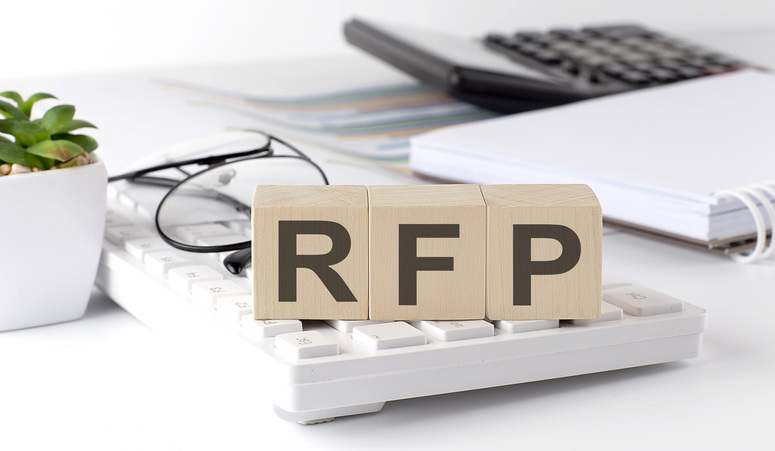Published: 10 Oct 2024 by Stuart Jackson
Tags:
Thought Leadership
In the ever-evolving landscape of global mobility, staying ahead of industry trends is crucial for organisations seeking to optimise their mobility programmes. Our recent Expat Academy white paper, "Global Mobility RFP Trends: Insights from Industry Survey," offers a comprehensive look into the motivations, processes, and outcomes of recent Request for Proposal (RFP) activities within the industry. Here, we highlight some of the key findings and implications that make this a must-read for professionals in the field.
 Understanding the Motivations Behind RFPs
Understanding the Motivations Behind RFPs
The survey reveals a diverse range of motivations driving organisations to initiate RFPs for mobility services. Whilst some companies are prompted by the end of current supplier contracts or dissatisfaction with existing providers, others are motivated by a desire to transform their service models or enhance supplier competitiveness. Interestingly, the decision to go to RFP is often influenced by multiple factors, underscoring the complexity of these strategic decisions.
Leadership and Collaboration in the RFP Process
Global Mobility teams frequently lead the RFP process, highlighting their expertise and central role in managing these initiatives. However, the survey also notes instances of collaboration between Global Mobility and Procurement teams, emphasising the importance of specialised knowledge and cross-departmental cooperation in achieving successful outcomes.
Time Investment and Market Learning
Conducting an RFP is a significant time investment, with the process from initiation to award commonly taking between four to nine months. Despite the time commitment, the educational value of the RFP process is substantial. Many respondents reported gaining a deeper understanding of market offerings, which not only aids  in vendor selection but also enhances overall industry knowledge.
in vendor selection but also enhances overall industry knowledge.
Balancing Cost and Quality
While cost considerations remain important, the survey highlights a growing emphasis on service quality and employee experience. Many organisations are willing to accept increased costs if it results in improved service quality and value for money. This shift reflects a broader trend towards prioritising employee satisfaction and operational excellence over mere cost reduction.
The Role of Technology and Compliance
The integration of technology solutions and a focus on compliance and risk management are also prominent themes in the survey. As organisations strive to streamline their mobility programmes, the adoption of digital tools and a keen awareness of compliance issues, particularly in tax and immigration services, are becoming increasingly important.
Conclusion
The "Global Mobility RFP Trends" white paper offers valuable insights into the current state and future direction of the industry. By understanding the motivations, processes, and outcomes of recent RFPs, professionals can better navigate the complexities of global mobility and position their organisations for success. Whether you're looking to enhance service quality, streamline vendor management, or integrate new technologies, this white paper provides the knowledge and insights needed to make informed decisions.
For a deeper dive into these trends and more, we encourage you to read the full white paper and explore how these insights can be applied to your organisation's global mobility strategy.
